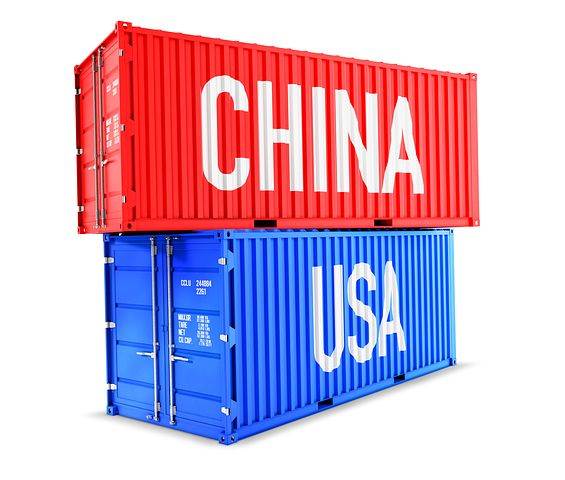 The Japanese economy grew at 1.3 percent in Q2 2019, in-line with the median expectation, but weaker than the preliminary reading of 1.8 percent, the Cabinet Office announced on Monday. Capital spending increased a mere 0.2 percent from Q1, significantly lower than the 1.5 percent rise expected. The median forecast for capital spending was a 0.7 percent increase.
The Japanese economy grew at 1.3 percent in Q2 2019, in-line with the median expectation, but weaker than the preliminary reading of 1.8 percent, the Cabinet Office announced on Monday. Capital spending increased a mere 0.2 percent from Q1, significantly lower than the 1.5 percent rise expected. The median forecast for capital spending was a 0.7 percent increase.
The cutbacks in manufacturing and spending in Japan were a direct result of the trade war between the United States and China, senior economist at Oxford Economics said in a note. In addition to concerns about what the newly-released data shows about the state of the Japanese economy, analysts are concerned about what will happen when Japan raises its sales tax to 10 percent next month, a move that may reduce domestic purchases even further.
Optimists are hopeful that the Bank of Japan will shore up its monetary easing policy in the near term to keep the yen from jumping, a move which is likely if the Federal Reserve and the European Central Bank continue with their own monetary easing measures.
The yen was unchanged against the dollar as of 2:17 p.m. HK/SIN, while Japan’s benchmark stock index, the Nikkei 225, rose 0.49 percent on renewed optimism for stimulus in the country.
On Friday, Federal Reserve Chairman Jerome Powell commented that the trade war is putting the brakes on companies’ investment decisions and limiting investments in the U.S. Speaking from Switzerland, Powell said “I think it is the case that uncertainty around trade policy is causing some companies to hold back now on investment.” It is this uncertainty that prompted the Fed to cut interest rates in July, and a similar move is expected after the bank’s policy meeting in September. And yet, despite his public expression of concern, Powell was quick to add that he does not expect the U.S. to fall into a recession.
The dollar posted modest gains against its primary currency partners on Monday, with the euro easing 0.02 percent against the greenback to trade at $1.1024. The pound fell 0.15 percent against the dollar to $1.2263.
